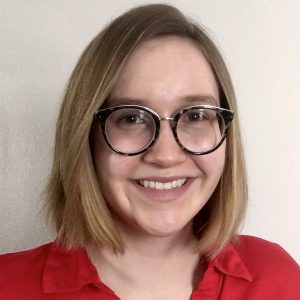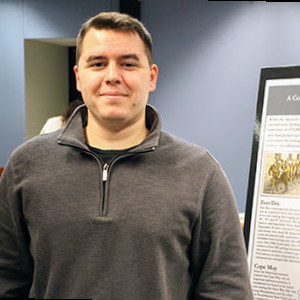MetaFAIR: A metadata application profile for managing research data (2021)
This paper reports on the development of a metadata application profile (AP), MetaFAIR, designed to support research data management (RDM) to make research data findable, accessible, interoperable, and reusable. The development of MetaFAIR followed a three-step process that included learning about the characteristics of datasets from researchers to establish their context and requirements, as well as iterative design and testing with researchers’ feedback. Guided by the FAIR principles (Findability, Accessibility, Interoperability, and Reusability), MetaFAIR focuses on accommodating description needs particular to computational social science datasets while seeking to provide general enough elements to describe data collections across many different domains.
In this paper, MetaFAIR is placed in the context of historical and recent developments in the areas of RDM and application profile creation; following this contextualization, the paper describes the central considerations and challenges of the MetaFAIR development process and discusses its significance for future work in RDM.
VIEW PUBLICATION >>>
Below is a preview of the MetaFAIR schema developed by Tompkins V. et al. To access the content in a separate window, click here.
Metadata and reproducibility: A case study of gravitational wave data management (2016)
T he complexity of computationally-intensive scientific research poses great challenges for both research data management and research reproducibility. What metadata needs to be captured for tracking, reproducing, and reusing computational results is the starting point in developing metadata models to fulfil these functions of data management. This paper reports the findings from interviews with gravitational wave (GW) researchers, which were designed to gather user requirements to develop a metadata model. Motivations for keeping documentation of data and analysis results include trust, accountability and continuity of work. Research reproducibility relies on metadata that represents code dependencies and versions and has good documentation for verification. Metadata specific to GW data, workflows and outputs tend to differ from those currently available in metadata standards. The paper also discusses the challenges in representing code dependencies and workflows.
VIEW PUBLICATION >>>
- Qin, J., Dobreski, B., & Brown, D. (2016). Metadata and reproducibility: A case study of gravitational wave data management. International Journal of Digital Curation, 11(1): 218-231. doi:10.2218/ijdc.v11i1.399
- Tompkins, V., Honick, B., Polley, K., & Qin, J. (2021). MetaFAIR: A metadata application profile for managing research data. In: Proceedings of 84th ASIST Annual Meeting, October 30-November 2, 2021, Salt Lake City, UT.
VIEW PUBLICATION >>>
- Qin, J., A. Leathers, & V. Tompkins. (2020). Linking Mechanisms in Data Repositories: A Case Study of BioSample Database. In: Proc. Assoc. Info. Sci. Tech. https://doi-org.libezproxy2.syr.edu/10.1002/pra2.365.
VIEW PUBLICATION >>>
- Qin, J., Dobreski, B., & Brown, D. (2016). Metadata and reproducibility: A case study of gravitational wave data management. International Journal of Digital Curation, 11(1): 218-231. doi:10.2218/ijdc.v11i1.399
VIEW PUBLICATION >>>






